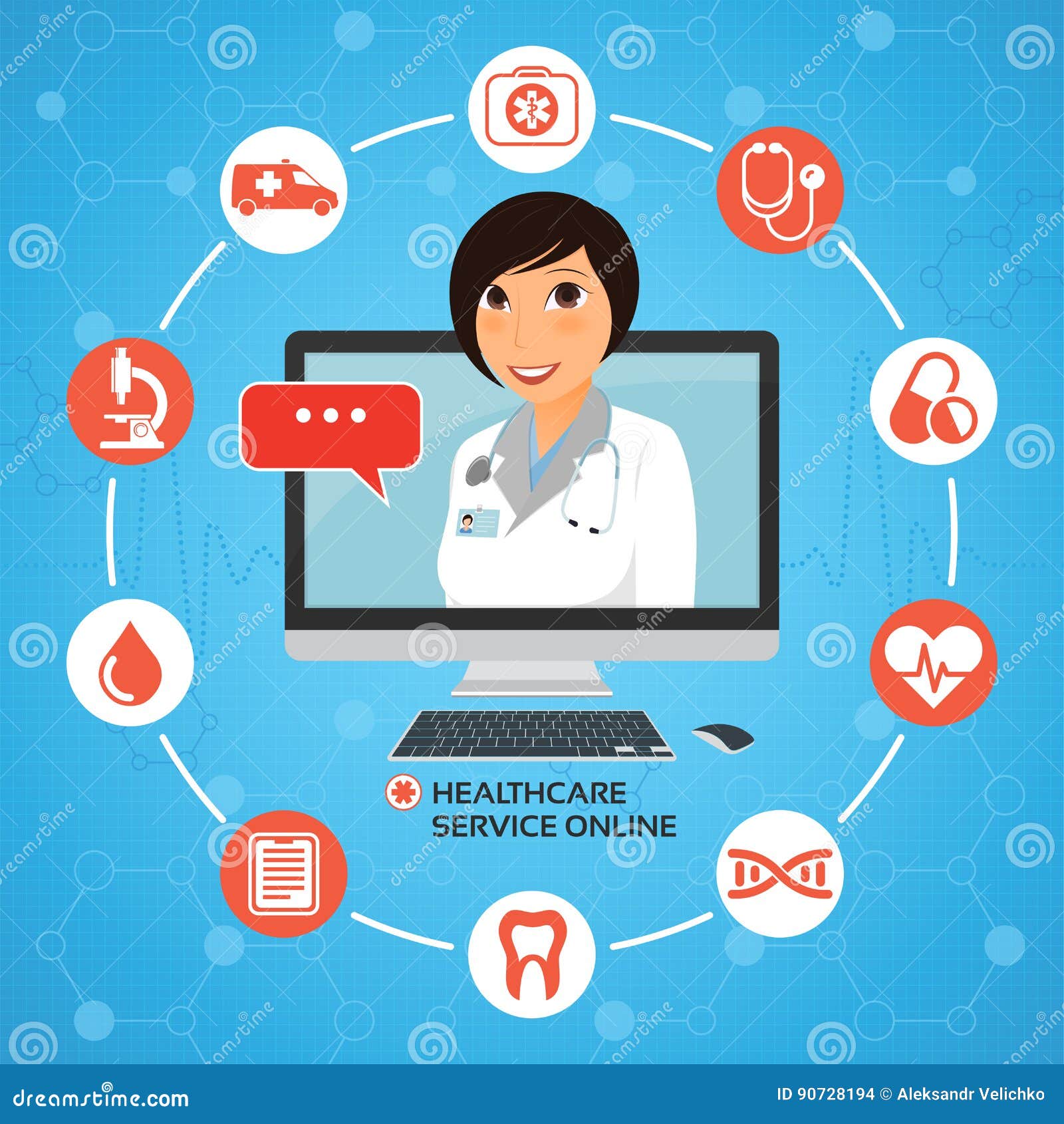Why Subscription Based Healthcare is Acquiring Appeal Among Patients Today
Why Subscription Based Healthcare is Acquiring Appeal Among Patients Today
Blog Article
The Increase of Subscription-Based Health Care and Its Influence On Patient Care
As health care advances, the subscription-based model is gaining grip, promising to change individual treatment by using predictability and access. The possibility for these models to improve health care distribution increases pressing concerns about their long-lasting sustainability and inclusivity. Are these membership solutions the future of healthcare, or do they take the chance of leaving at risk populations behind?
Understanding Subscription Medical Care Designs
Grasping the idea of registration medical care models involves checking out a transformative strategy to medical services that stresses cost and access. These models, usually referred to as direct main care (DPC) or attendant medicine, have actually become innovative options to traditional fee-for-service medical care systems. Subscription healthcare permits clients to pay a fixed monthly or yearly charge for a defined set of medical solutions, which might consist of unrestricted workplace visits, regular exams, and standard laboratory examinations, without the requirement for standard insurance payment.
The structure of membership healthcare models is developed to improve client care by removing third-party payers and complex invoicing codes, thereby minimizing management burdens. Doctor can concentrate extra on person treatment, cultivating stronger patient-provider partnerships. This design additionally advertises preventative treatment by motivating regular gos to, as the economic obstacle of per-visit fees is eliminated.
The subscription version typically equips healthcare suppliers to manage smaller patient panels, enabling for more individualized treatment. It aligns monetary motivations with person health end results, as carriers are encouraged to keep person satisfaction and health. Overall, comprehending subscription medical care designs requires identifying their possible to improve how care is supplied and accessed.
Advantages for Service Providers and people

For providers, subscription-based models offer the opportunity to strengthen patient-provider partnerships. With a stable revenue stream, health care specialists can devote even more time per patient, leading to a much more personalized and detailed care experience. This model additionally lowers dependence above patient volumes, minimizing burnout and improving task fulfillment. The focus on precautionary treatment within subscription strategies can lead to much better patient end results and minimized long-term healthcare expenses. By focusing on continual treatment, carriers can attend to concerns prior to they rise, ultimately profiting the health care system in its entirety by lowering the worry on emergency and acute care solutions.
Issues and difficulties
While subscription-based medical care designs existing numerous benefits, they likewise come with a set of challenges and concerns that need to be addressed. This increases honest inquiries important link concerning fair access to medical care services.
Financial sustainability of subscription-based versions is one more concern. Companies have to balance the set income from memberships with the variable costs of health care solutions, which may fluctuate as a result of unanticipated clinical requirements. This can create pressure to restrict services or boost costs, potentially affecting client complete satisfaction and care quality.
Moreover, regulatory oversight of subscription-based healthcare models is still evolving. Addressing these challenges is crucial for the fair and effective implementation of subscription-based healthcare.
Influence On Patient-Doctor Relationships
One considerable influence of subscription-based medical care designs on patient-doctor relationships is the potential for improved continuity and customized treatment. By adopting a subscription design, medical professionals can handle a smaller client panel, allowing for even more dedicated time with each person. This boosted availability promotes a deeper understanding of a client's clinical history, way of life, and preferences, enabling extra customized treatment plans and treatments.

Nevertheless, it is very important to recognize that while subscription-based models may profit those who can manage them, they could accidentally widen medical care differences. Patients that are incapable to join these models might experience lower accessibility to individualized treatment, potentially influencing their partnerships with doctor. Therefore, while the registration design provides appealing benefits for patient-doctor partnerships, it likewise positions difficulties that need to be addressed to guarantee fair health care accessibility.
Future of Healthcare Access

The function of modern technology can not be ignored in this improvement. Telemedicine systems and electronic health documents assist in smooth interaction between individuals and doctor, damaging down logistical and geographical barriers. Additionally, developments in expert system and information analytics can additionally personalize healthcare by forecasting individual demands and maximizing treatment plans.
Nevertheless, the future of health care access also provides challenges, such as ensuring equity throughout various socio-economic teams. Policymakers and health care companies should collaborate to link the electronic divide, making certain that subscription-based models continue to be comprehensive and affordable. As these systems grow, they hold the pledge of making health care more accessible, effective, and patient-centric.
Final Thought
Subscription-based medical care designs are reshaping individual care by providing a steady expense structure and improving availability. The increase of subscription-based healthcare motivates positive person involvement, which has the prospective to boost person outcomes and satisfaction, signaling a transformative change in medical care delivery.
As healthcare develops, the subscription-based version is obtaining grip, assuring to revolutionize client care by offering predictability and availability.Subscription-based healthcare designs use distinct advantages for both patients and companies, improving the total healthcare experience.As health care systems evolve, the future of medical care accessibility regularly pivots on the integration of innovative designs and innovations.Subscription-based health care models are improving person treatment by supplying a secure expense framework and improving ease of access. The surge of subscription-based healthcare urges aggressive patient involvement, which has the prospective to boost individual end results and contentment, signaling a transformative change in health care distribution.
Report this page